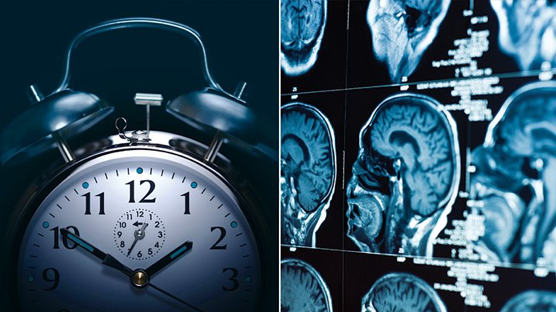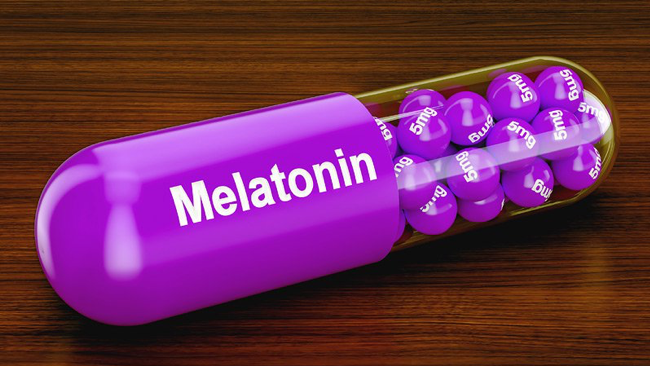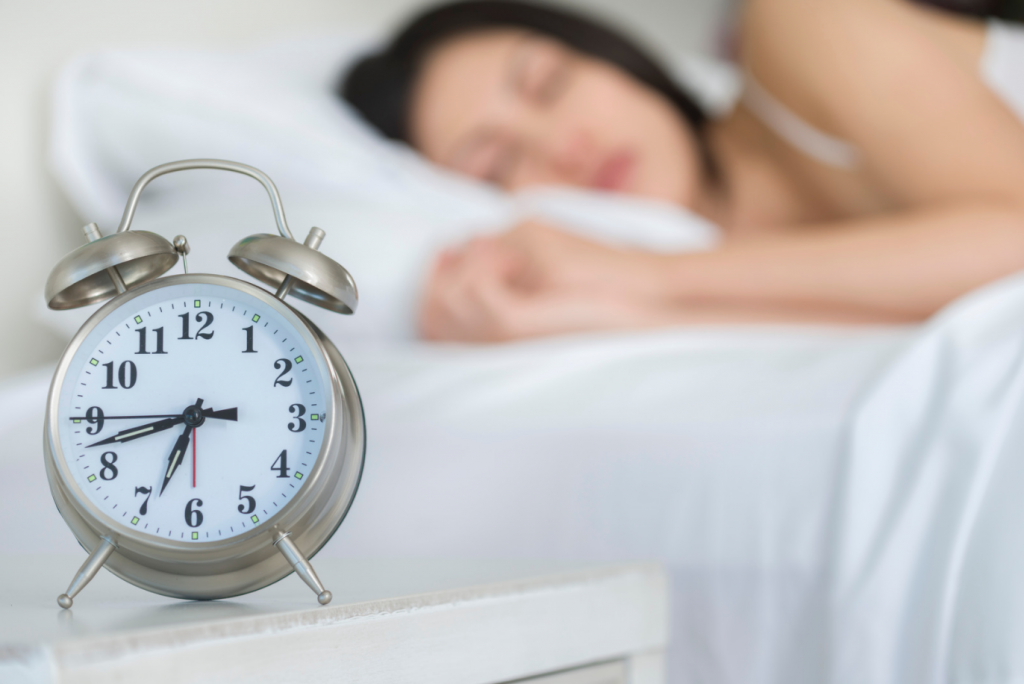The circadian cycle is a system that regulates the internal clock that all living beings have. It depends on genetic factors, in such a way that at birth we are prefixed with specific sleep patterns. However, these patterns can be influenced by external factors, thus producing a desynchronization.
The disruption of the circadian sleep rhythm is intimately linked to the appearance of metabolic diseases related to cardiovascular risk such as obesity, diabetes, etc., and oncological diseases. But, in addition, it has recently been described how these effects can be in turn extended to our brain, producing neurological diseases that directly affect our mental health.
Dr. Moisés De Vicente – Neolife Medical Team
Even before we wake up, the circadian system is preparing our body for awakening.
For millions of years, our circadian clock has gradually evolved to adjust to our current rhythm of life. In another era, our world was predictable and our pace of life depended almost exclusively on sunlight. Our organism had its biorhythm perfectly adjusted to divide the 24 hours of the day into specific and optimal sections in order to carry out the functions that are basic in all animals such as nutrition, digestion, avoiding predators and, of course, sleeping. Our survival depended on carrying out these types of activities in the safest and most efficient way possible.
The circadian cycle is a system that regulates the internal clock that all living beings have. It depends on genetic factors, in such a way that at birth we are preset with specific sleep patterns. However, these patterns can be influenced by external factors, thus producing a desynchronization. Unfortunately, our pace of life with its shift work, transcontinental flights, consumption of stimulating substances, etc., is detrimental to our genetic sleep fingerprint, and to a greater or lesser extent we all display some kind of desynchronization.

Even before we wake up, the circadian system is preparing our body for awakening. It does this by regulating the expression of certain genes. It adjusts hormone levels, neuromuscular and neuronal activity, and ultimately leads us to connect with the world around us.
This system consists of three fundamental elements: the internal clock, located at the level of the suprachiasmatic nucleus, the retino-hippocampal tract and the secretion of melatonin at the level of the pineal gland. The first element is responsible for synchronizing the hundreds of genes expressed in our cells that depend on this clock. All the cells in our body are activated, from the neurons to the epithelial cells (1). The other two elements have the ability to modify, and thus improve, our sleep-wake cycle. Sunlight directly affects sleep by activating the retino-hippocampal tract. It is like the warning signal that our brain receives and informs us that there is already light available: it is daytime and time to get up in order to survive. The secretion of melatonin, known as the sleep hormone, is also regulated by the changes of light, in addition to the schedules of our meals, the outside temperature, etc. Its peak of secretion is a warning signal to your brain, and tells you that it’s time to go to sleep.
When this homeostasis, this situation of balance between the secretion of melatonin, genetic expression at the cellular level and our lifestyle, is lost, there are a number of harmful consequences for our body. This is defined as the disruption of the circadian sleep rhythm and is intimately linked to the appearance of metabolic diseases related to cardiovascular risk such as obesity, diabetes, etc., and oncological diseases (2). But, in addition, it has recently been described how these effects can be in turn extended to our brain, producing neurological diseases that directly affect our mental health.
In Alzheimer’s disease we can see how patients suffer from sleep disruption, characteristically in the evening, in different evolutionary phases (3). At first it was thought that it was due to the progression of the disease. But the truth is that it has been observed how, in many cases, this disruption appears in very early stages. This has led to the suggestion that perhaps it is not a consequence of the disease itself, but actually behaves as a factor predisposing to it, or at least aiding it (4).
It is currently thought that the relationship between neurological diseases and sleep disruption is a two-way one. However, it’s true that there is no conclusive study to date. But research is pointing in this direction. Mainly because, if this is so, it’s probable that an adequate regulation of the circadian rhythm could prevent, or at least slow down, the appearance of this type of disease.
Chronotherapeutic treatment is the method used to correct this sleep disruption. This is based on performing adequate sleep hygiene, giving maximum priority to light, to meal times, to avoiding the intake of stimulants, etc. According to the recommendations of the American guidelines, the goal is to sleep a minimum of 7 hours a day (5).

However, at Neolife we go further. Within our goal of harmonizing and optimizing our patients’ metabolic and hormonal situation, we measure the chrono-disruption and the levels of melatonin in order to be able to establish a replacement treatment with this hormone that makes it possible to correct this situation, at least on this side.
The circadian rhythm is one of the mainstays where we can act in order to reach what is our goal from the medical point of view: the prevention of diseases.
BIBLIOGRAPHY
(1) Jagannath A, Taylor L, Wakaf Z, Vasudevan SR, Foster RG. The genetics of circadian rhythms, sleep and health. Hum Mol Genet. 2017;26:R128-R138.
(2) Luyster FS, Strollo PJ Jr, Zee PC, Walsh JK; Boards of Directors of the American Academy of Sleep Medicine and the Sleep Research Society. Sleep: a health imperative. Sleep. 2012;35:727-734.
(3) Canevelli M, Valletta M, Trebbastoni A, et al. Sundowning in dementia: clinical relevance, pathophysiological determinants, and therapeutic approaches. Front Med (Lausanne). 2016;3:73.
(4) Musiek ES, Bhimasani M, Zangrilli MA, Morris JC, Holtzman DM, Ju YS. Circadian rest-activity pattern changes in aging and preclinical Alzheimer disease. JAMA Neurol. 2018;75:582-590.
(5) 1 in 3 adults don’t get enough sleep. Centers for Disease Control and Prevention. Source Accessed November 21, 2018.

